Create Your Circle of Support
When managing a chronic illness like SBS, it is helpful to seek support from a variety of places.
SBS is a heavy load to carry alone. Build your network. Your network is what will get you through the hard times and will celebrate you when you get to the good times.”
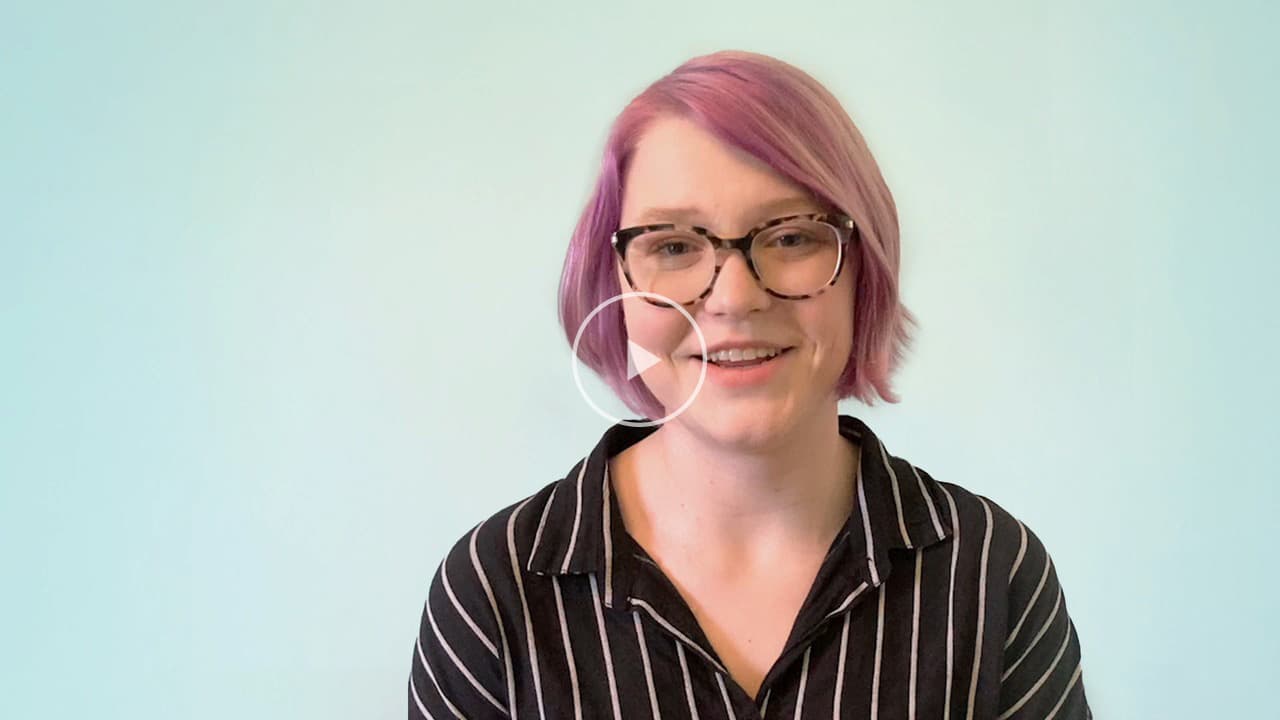
After being diagnosed with a rare, chronic condition like SBS, it’s normal for people to respond in different ways. Some may find themselves frustrated by the challenges that SBS presents and worry that it could diminish their quality of life.
Feelings of anxiety, depression, grief, anger, or denial are completely normal, and sometimes can come in waves. If this happens to you, it’s important to talk to your doctor and remember that a roller coaster of emotions at various stages following diagnosis is entirely understandable and natural.
The most important thing is to realize that you’re having the same experience as others with SBS, even though your journey may have started differently than theirs. You may be able to learn from them. So, it can help to keep an open mind and get connected with your SBS community.

“It’s helpful to understand that there are other people who have been diagnosed with SBS. And they may be going through the same symptoms and mental fatigue.”
Kevin, Living with SBS
There’s Nothing Like Human Connection
Find an understanding and supportive community on Facebook
Educating yourself and engaging with others can help you take ownership of your SBS care. These can include a multidisciplinary healthcare team, people you love, and other people from the community who have their own experiences with SBS.
I do attend an ostomy support group once a month…It’s a good place to go to ask questions if you have doubts about things.”
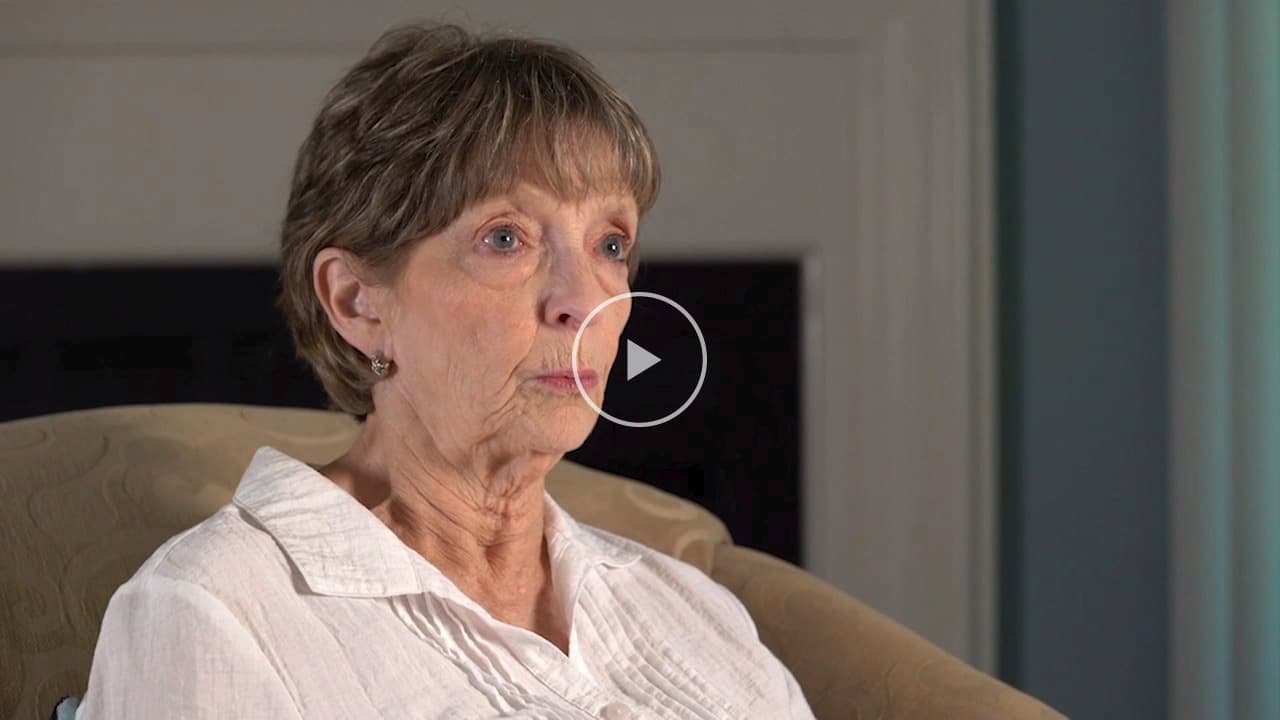
Know Your Healthcare Team
Good coordination of your or your loved one’s multidisciplinary care team is important to improve the outcome.
Your care team should include a combination of specialists and generalists:

Dietitian
GI doctor
parenteral support nurse
Primary care physician
Pharmacist
Nephrologist
Psychologist or social worker
Gastrointestinal (GI) surgeon
Arming yourself with as much knowledge as you can and preparing questions before talking with your doctor will ensure you make the most of your visit. There are also many online and live communities where you can meet and learn from others affected by SBS.
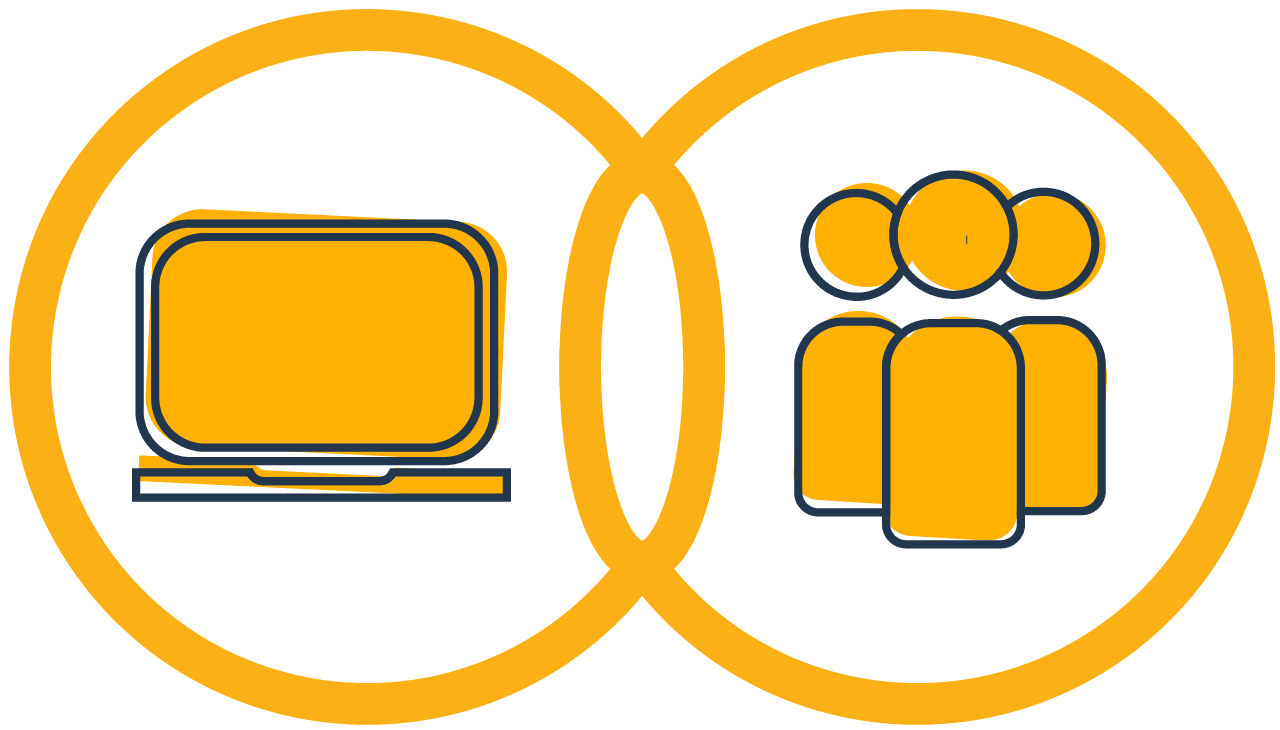
Need to find a healthcare provider in your area with experience managing SBS?
Find a providerDoctor Discussion Guide
Talk to your doctor
Complete and download the Doctor Discussion Guide. Use it to discuss symptoms and your unique healthcare situation at your next appointment.
This information is not intended to make a diagnosis or to take the place of talking to a US healthcare professional. Only a doctor or other trained healthcare professional can diagnose short bowel syndrome.
Coping With Common Issues
We understand that there’s a lot to figure out with SBS
As you go along this journey, you’re going to have experiences that feel daunting and even bizarre. But in truth, you’re having a shared experience; sometimes that can be comforting to realize. Many have come before you on this journey, and it can be helpful to listen to their points of view and advice.
A positive attitude and detailed planning can change your experience, from socializing locally, even at restaurants, to traveling.
SBS doesn’t define me. I control my own life. It doesn’t control me.”
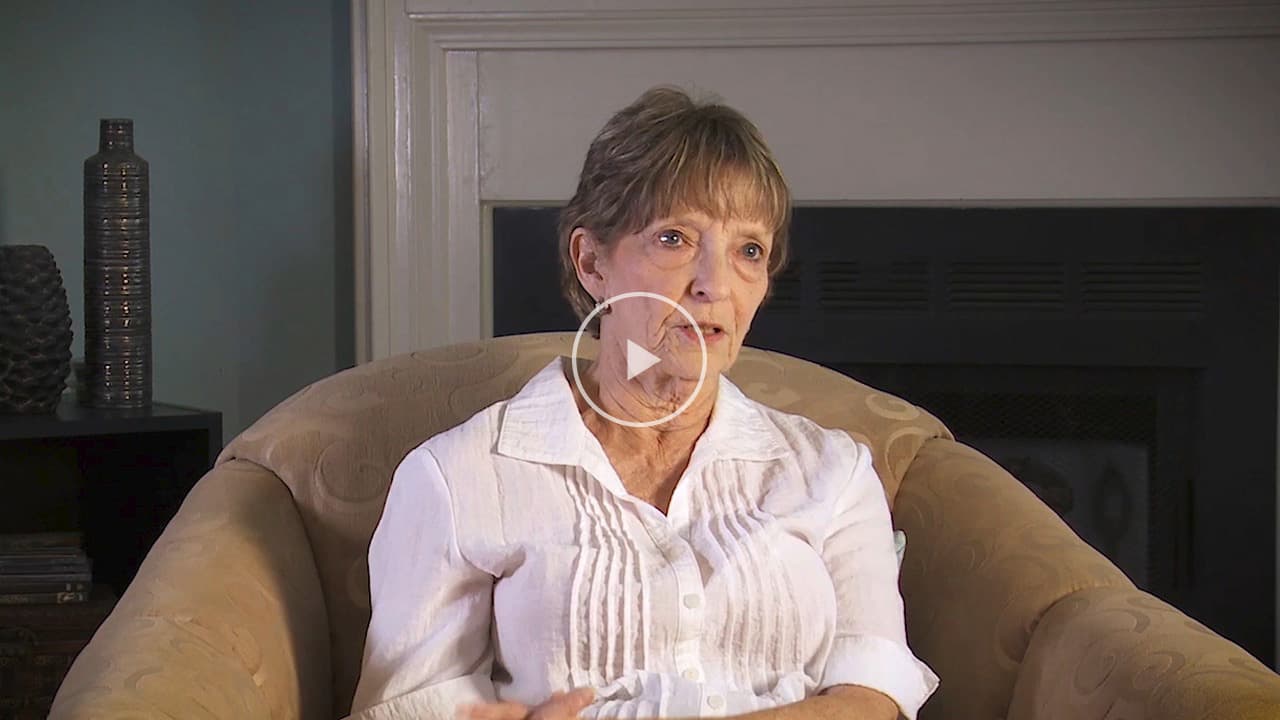
Because so few people know about or understand this condition, you will have to decide whether to tell new people you meet about your condition (even while dating). You may feel extra pressure to explain your situation—and it’s completely understandable if you want to avoid these conversations entirely. However, people who care about you should be willing to listen. You don’t have to reveal anything that feels too private, but don’t be afraid to be honest about your experiences.
When I have been vulnerable and shared my illness with others, I’ve never been disappointed. I’ve been very pleased by the reaction I’ve gotten from others.”
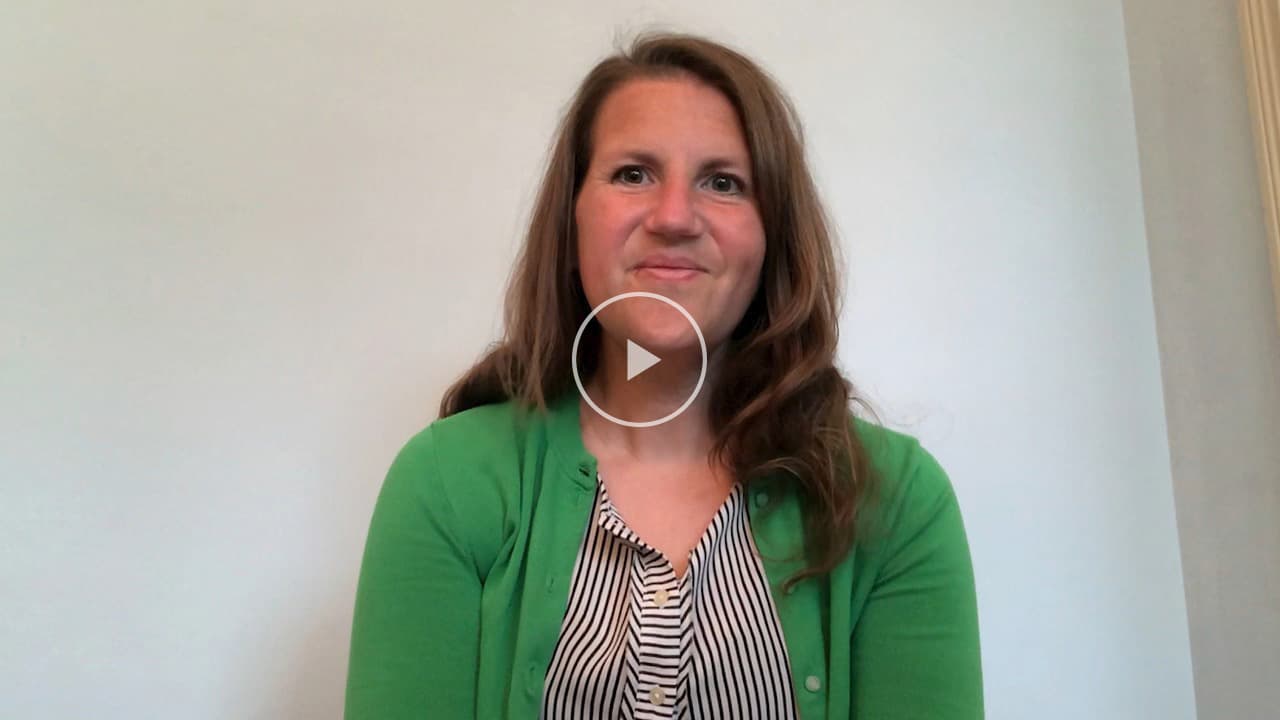
ADVOCACY GROUPS*
Find ways to connect with others who understand what you’re experiencing
AMERICAN SOCIETY OF PARENTERAL AND ENTERAL NUTRITION (ASPEN)
The ASPEN patient information center was designed to provide patients and caregivers with information about nutrition support, including parenteral and enteral nutrition.
CROHN'S & COLITIS FOUNDATION OF AMERICA (CCFA)
The CCFA is a nonprofit, volunteer-driven organization dedicated to finding the cure for Crohn's disease and ulcerative colitis. Their website provides detailed disease information and resources.
INTERNATIONAL FOUNDATION FOR FUNCTIONAL GASTROINTESTINAL DISORDERS (IFFGD)
The IFFGD is dedicated to informing, assisting, and supporting people affected by gastrointestinal disorders.
NATIONAL ORGANIZATION FOR RARE DISORDERS (NORD)
NORD is a federation of voluntary health organizations dedicated to helping people with rare diseases and assisting the organizations that serve them. NORD is committed to the identification, treatment, and cure of rare disorders through programs of education, advocacy, research, and service.
THE OLEY FOUNDATION
The Oley Foundation serves patients on home parenteral (IV) and enteral (tube-fed) nutrition. Their website contains a variety of practical information such as troubleshooting guides, travel tips, and networking and educational opportunities, as well as printable tools.
UNITED OSTOMY ASSOCIATIONS OF AMERICA (UOAA)
UOAA promotes quality of life for people with ostomies and continent diversions through information, support, advocacy, and collaboration. UOAA’s website provides practical information and opportunities for peer support through affiliated groups.
Organizations Focused on Caregivers
Caregiver Action Network (CAN)
CAN’s goal is to improve the quality of life for caregivers by offering free education, peer support, and resources.
Family Caregiver Alliance (FCA)
Working as a public voice for caregivers, the FCA is the first community-based nonprofit organization in the US to voice the needs of long-term caregivers. The FCA supports and sustains caregivers with national, state, and local programs and resources.
National Alliance for Caregiving (NAC)
This nonprofit coalition of national organizations focuses on advancing family caregiving through research and advocacy. The NAC analyzes policy, develops best-practice programs, and helps families work through caregiving issues.
*The links are provided as a resource. This is not an endorsement and Takeda has no control over the content of any website not owned by Takeda.
Sign up to receive additional SBS information, resources, and support via email.
Sign UpStart a conversation with your doctor about SBS
Explore helpful information for managing life with SBS

